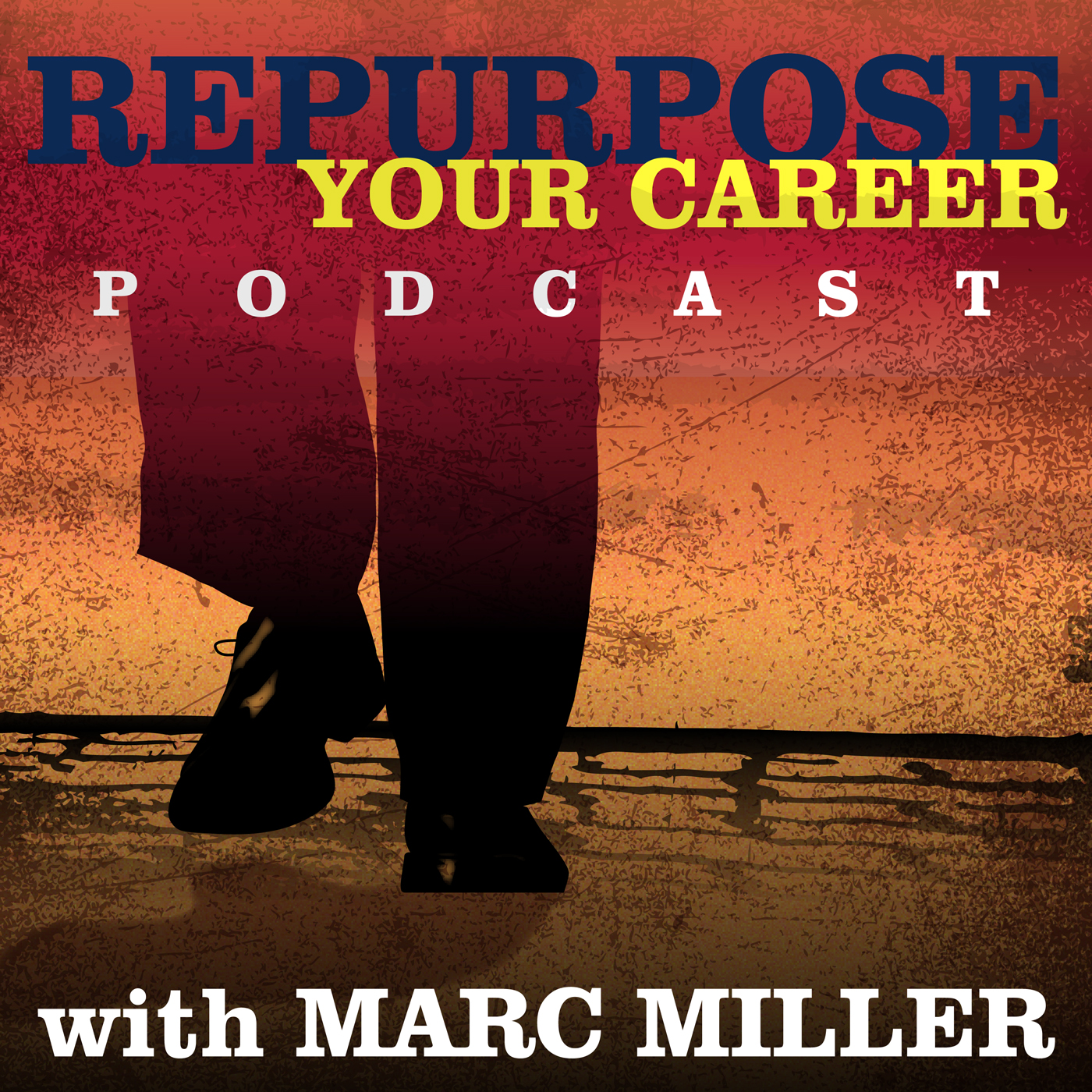 Skills Versus Interests
Skills Versus Interests
We develop a lot of skills throughout our lifetime. Most of us learn these skills because they are in demand by our employer or industry. We get paid for having and using these skills. Sometimes we enjoy using these skills, but other times when we overuse them, burnout occurs. Read my post called Do you suffer from “Skills Burn-Out Syndrome” (SBS)?
Our interests are aligned with our talents. We like to do things that we are naturally gifted to do and come naturally.
We have talents and skills and they are often not aligned. If you are not sure of the difference between your talents versus your skills please read the post Talents versus Skills – Do you know the difference?
What happens when your skills are not aligned with your interests?
We get bored, burned-out, or left behind.
Note: This post was originally written in 2012, updated in 2017, and updated again in 2020.
Example #1,
After I had a near-fatal bicycle accident in 2002 I went off to teach Algebra I and II at an inner-city high school. I lasted 2 years before I realized I could not teach and stay healthy. When I left teaching, I was completely lost. I went to a career coach and I was given an MBTI assessment. This is pretty standard and it told me I was a teacher and trainer. I went DUH!
I was told to talk to former colleagues and have them tell me what they thought I was really good at. They told me that I was phenomenally good at taking very complicated technical systems and explaining them in terms just about anyone could understand.
DUH!! I knew that and more importantly, I did not want to do that anymore!!
What was the reason? I was interested in training and helping people but the thought of learning one more complicated technical system made me want to barf.
I had developed a LOT of skills that did not align with my interests.
My interest in learning new leading-edge technologies that did have a social impact was long gone. I was bored and burned out.
On a side note, my MBTI or Myers Briggs Type Indicator said I was an ENTJ, (Extrovert, Intuitive, Thinker, Judge). These indicators match with how I behave. However, over my career, I developed a lot of skills that did not align with my interests and who I am. I am a closet extrovert and not a real one. Read my post on 3 Signs You Are a Closet Introvert and What to Do!
Example #2
I have had multiple clients who have an excellent relationship with salesmen/women. You might call them account managers or in the sales world you would call them farmers.
All of them became salesmen/women because someone told them early in their careers – “You should be a salesperson. You are good with people.”
Well…
Sales have been changed by the Internet forever. The relationship-building has been removed from the sales process. Customers can get online, research products, and even purchase relatively complex products without ever speaking with someone.
This has forced a lot of B2B (Business to Business) salespeople to think about if they can continue in this line of work. What they were interested in (building lasting relationships) is no longer a valued or even required skill. Check out my post The Death Of The Relationship Sales Career.
Mike Martin’s Story
You might want to listen to Mike Martin’s story on the Repurpose Your Career Podcast as his story follows this storyline.
Mike spent many years as B2B or business to business, salesman but over the years his commissions got smaller and smaller. At his core, Mike was a pilot and as a kid, he will tell you he liked anything with wings, wheels, or keels.
He tried becoming a high school teacher because he liked to help people. However, becoming a public school teacher later in life is really hard as I had learned during my teaching experiences.
He had what he thought was a dream job driving a train on the Houston red line. Tested and drove trains for a couple of years but could not handle the bureaucracy of working for a government agency.
He later was able to marry his love of helping people and flying by becoming a drone pilot instructor for Dart Drones.
Mike developed a lot of skills in relationship selling that did not align with what he really wanted to do. His skills did not align with his interests.
Skills Alignment
My skills had been honed over 30 years in working in big corporate America. My interests were not aligned with working for a big company like IBM or Lucent. I did it because I got paid a lot of money to develop skills that were very marketable.
It took my bicycle accident to get me to realize that my skills no longer aligned with what I wanted in my career and more importantly my life.
Has this happened to you? Do you have valuable skills in areas that no longer interest you?
This is happening to a lot of people as we experience the COVID-19 pandemic. We are being thrown out of our comfort zone and have moments of clarity.
As you move into the 2nd half of life you may have skills that you want to leave behind. If this topic intrigues you please read the post What Skills Will You Use in the 2nd Half of Life?
Ponder on this for a while — Do your interests align with your skillsets and if not, what are you going to do about it?
Marc MillerLike What Your Read? Get Career Pivot Insights
Do You Need Help With ...

Check out our Help Center where you have access to 14 different content portals.




That is sooooooo me! Every career guidance/personality test I’ve ever taken has told me that I would be good at the careers I’ve already had and hated!!!! I think that is because we have such a good visual of ourselves in those situations that it skews the way we answer things.
I’m looking forward to hearing the rest of your story in your next post to see how you went from “lost” to “found”. Maybe the same path will work for me!
It is all about learning new skills or redirecting the current skills into a direction that makes sense for you.
I like that response.
The fun part is when you are still interested in the field, but it’s slowly drying up or you can’t go there anymore (hi, anxiety, meet classroom teaching… NOT!). Then you have to find new places that fit both your interests and skills!
Marc, I am intrigued by the Birkman method. I only have a limited exposure to it (have not taken the assessment). Do you espouse that methodology? It seems like you prefer it over MBTI as an indicator (guide) for career happiness. Any other tools you recommend for that purpose?
Thanks
I found the MBTI reasonably useless for me. It told what I already knew. The Birkman method describes my usual behavior as the MBTI but it also measures my needs in 11 different behavioral areas. This was invaluable to me.
Less effective but useful is Strength Finders 2.0
l am persuing Be in electrical last year but i don’t know many think and i don’t like and i don’t know what can i do in my feature ? so i am confused